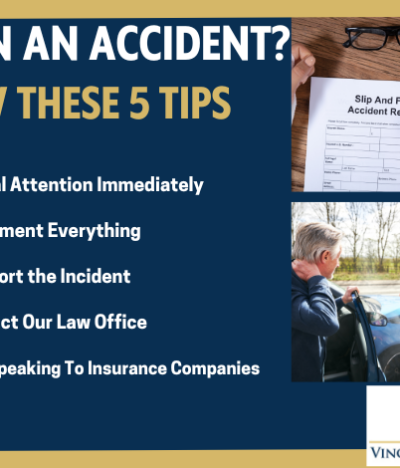Personal injury law in Pennsylvania provides compensation to individuals who have been injured due to the negligence or wrongful actions of others. This area of law covers a wide range of accidents, including car accidents, slip and fall accidents, medical malpractice, and defective products, among others.
In Pennsylvania, personal injury cases are typically handled on a contingency fee basis, which means that the attorney representing the injured party is only paid if they are able to successfully secure compensation for their client. This means that individuals who have been injured do not need to pay upfront legal fees to pursue their case.
To make a successful personal injury claim in Pennsylvania, the injured party must prove that their injury was caused by the negligence or wrongful actions of another person or entity. This involves demonstrating that the defendant had a legal duty to act in a reasonable manner and failed to do so, leading to the injury of the plaintiff.
One of the most important aspects of personal injury law in Pennsylvania is the statute of limitations. This is a time limit for filing a personal injury claim, and in Pennsylvania, this time limit is generally two years from the date of the injury. If a claim is not filed within this time frame, the injured party may be barred from recovering compensation.
It is important to seek the help of a personal injury attorney if you have been injured in an accident in Pennsylvania. An experienced attorney can help you navigate the legal system, gather evidence, and negotiate a settlement that fairly compensates you for your injuries and other damages.
In conclusion, personal injury law in Pennsylvania is a complex and nuanced area of the law that provides important protections to individuals who have been injured due to the negligence or wrongful actions of others. Whether you have been involved in a car accident, slip and fall accident, or other type of personal injury, it is important to seek the help of an experienced attorney to ensure that your rights are protected and that you receive the compensation you deserve.








